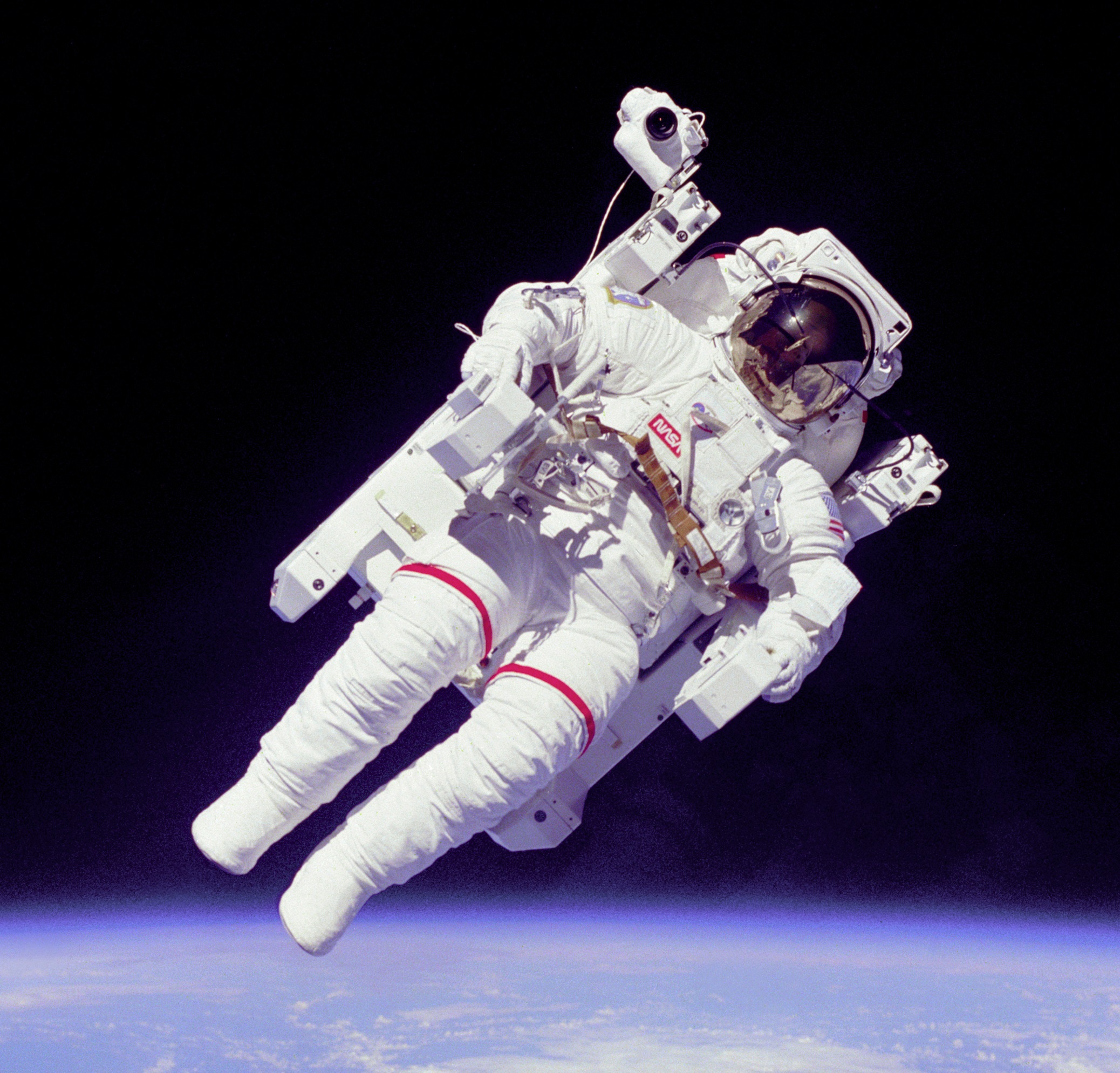Health Problems Of Long Term Zero Gravity
I have been a fan of science fiction since I was about six years old. I have been reading books and comics, watching TV shows and movies, and thinking about space travel for decades. There are a lot of technical details about how to design, build and launch spacecraft. Then there is all the complex mathematics of orbits to worry about. After those problems are solved, we have to worry about the effects of zero gravity on the human body. Apparently there are some very serious problems with how a human body deals conditions in space.
It has been know for a long time that there are dangers from radiation in space. Energetic particles from solar storms can cause tissue damage. Some of this can be ameliorated by proper shielding but especially powerful solar storms might be too much for conventional shields. It might be possible to create some sort of immaterial shield from power magnetic fields in the future to protect astronauts.
There is a major problem has to do with the loss of bone density. Our bones are primarily composed of a matrix of collagen with embedded crystals of calcium phosphate. Calcium phosphate is piezoelectric. This means that when mechanical pressure is applied to the crystal, it generates an electrical field. Inside bone, the constant effect of gravitation generates electrical fields which cause a replenishment of bones maintaining density. When gravity is removed, that replenishment is diminished and bones become less dense and more brittle. The longer a human being stays in a low or zero gravity environment, the more their bone density falls.
One possible solution to this problem is to create artificial gravity on spacecraft by have a section of the craft rotate. If the rotating section is too small, it will generate deleterious effects on the inner ear because of the different in the coriolis effect from spinning between the head and the feet. It is estimated that a spinning section would have to be at least two hundred yards across in order to prevent negative coriolis effects.
Another possible solution would be to find a way to restore the electrical fields that are missing because of the lack of gravity. It should be possible to design some sort of body stocking that generates localized electrical fields to influence bone deposition. We would have to learn a lot more about exactly how these fields are generated in bones as a result of gravity in order to make this work.
Just recently, another health problem was discovered from long term zero gravity in Earth orbit. The livers of mice in orbit for only two weeks show symptoms consistent with nonalcoholic fatty liver disease. There is also some indication of fibrosis or scarring of liver tissue. This damage showed up in a much shorter period of time than such damage takes on Earth. It is not clearly understood exactly how the liver is being damaged but the effect is clear. This will have to be solved before humans are able to withstand zero gravity for years at a time. It may be possible to create drugs that treat the damage but that will take more research.
Other problems of long periods at zero gravity include loss of muscle mass and vision problems. Ultimately, it may be necessary to engineer modification in the human genome in order to deal with gravity and radiation problems. Alternatively, some sort nanotechnological implants might be developed.
